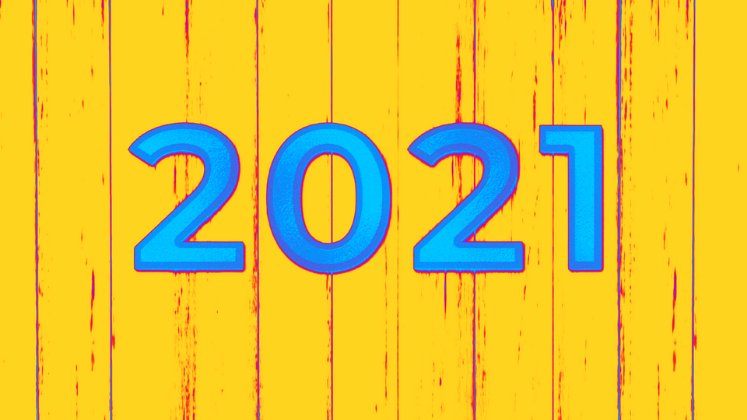Amy Mollett reviews the new illustrated edition of Steven D. Levitt and Stephen J. Dubner’s infamous Superfreakonomics. Plentifully scattered charts, photographs, sketches and illustrations make this edition far more appealing than the original, but occasionally the book does slip into uncomfortable and unsympathetic tones, revealing a lack of understanding of some structural issues that cement inequality.
Superfreakonomics, Illustrated Edition: Global Cooling, Patriotic Prostitutes and Why Suicide Bombers Should Buy Life Insurance. Steven D. Levitt and Stephen J. Dubner. Allen Lane. 2010.
 Levitt and Dubner present a new illustrated edition of the hugely popular Superfreakonomics, offering a joyous outburst of ‘data-centric storytelling’ on a vast array of topics troubling the world.
Levitt and Dubner present a new illustrated edition of the hugely popular Superfreakonomics, offering a joyous outburst of ‘data-centric storytelling’ on a vast array of topics troubling the world.
The feel of the book is immediately chatty and humorous, and those who have seen and heard Levitt and Dubner in action will recognise their friendly manner in the book’s written style. Highly accessible and relying on a bare minimum of economic jargon, the authors have once again created a pleasant and fresh atmosphere for readers to learn exactly how extraordinary the world of economics can be. It’s positive and witty take on the subjects covered is additionally refreshing as it rejects the obsessive gloom on the state of the global markets which other books in the field have embraced.
But what really makes this edition far more appealing than both the original Superfreakonomics published in 2009 and the classic Levitt and Dubner title Freakonomics from 2006 are the plentifully scattered charts, photographs, sketches and illustrations. Every page features colour images that not only compliment the text but bring it to life. Whether it’s a diagram showing how inflated our fears of terrorism are or a photograph taken from the NASA Earth Observatory showing the movement of air pollution from China to Japan, each image is truly captivating and overwhelming in a way rivalled only by David McCandless’s Information is Beautiful.
The actual written content of the book is staggeringly wide and includes answers to many stimulating and amusing questions, including ‘what’s worse for the planet: car exhausts or cow farts?’ (in which the authors agree that cows are the ‘wicked polluters’ of the world), ‘can a sex change boost your salary?’ (evidence is presented showing that men who transition to women earn nearly one third less than their previous wage), and ‘why are so many terrorists middle class?’ (because those in poverty have ‘better things to worry about’).
Occasionally the book slips into uncomfortable or unsympathetic tones, which some readers may not appreciate. For example, the chapter ‘How is a street prostitute like a department store Santa?’ seems confused as to whether it is ‘gender-friendly’ or unpalatably sexist, covering first the widespread discrimination and disadvantages that women all over the world face in various areas of their lives, and then printing overtly sexual images of ‘street prostitutes’, positioning the reader as a voyeur. The chapter seems to miss the point that sex work is connected to wider structural issues around gender and race inequalities, and does not always follow a ‘happily ever after’ narrative.
But the book does ultimately seek to be provocative, and here it succeeds. Levitt and Dubner aren’t seeking to be vanilla; they’re striving to provide unique insights into topics which have highly interesting economic stories attached to them, but which many don’t or won’t talk about. This new edition of Superfreakonomics is punchy and vibrant to the final page, and doesn’t fail to inform and fascinate readers. It is suitable for both veterans and newcomers to the field, and will surely become a coffee table favourite.
This review was first published on the LSE British Politics and Policy blog on 2nd January 2011.
——————————————————————————————-
Amy Mollett is the Editor of the LSE Review of Books. Amy joined the LSE PPG in September 2010 after graduating from the LSE with an MSc in Gender and Social Policy. She is responsible for commissioning and editing reviews and features, and managing the day to day running of the blog. She was previously Assistant Editor of the LSE Impact of Social Sciences Blog and LSE British Politics and Policy Blog. You can follow her @AmybMollett.







2 Comments